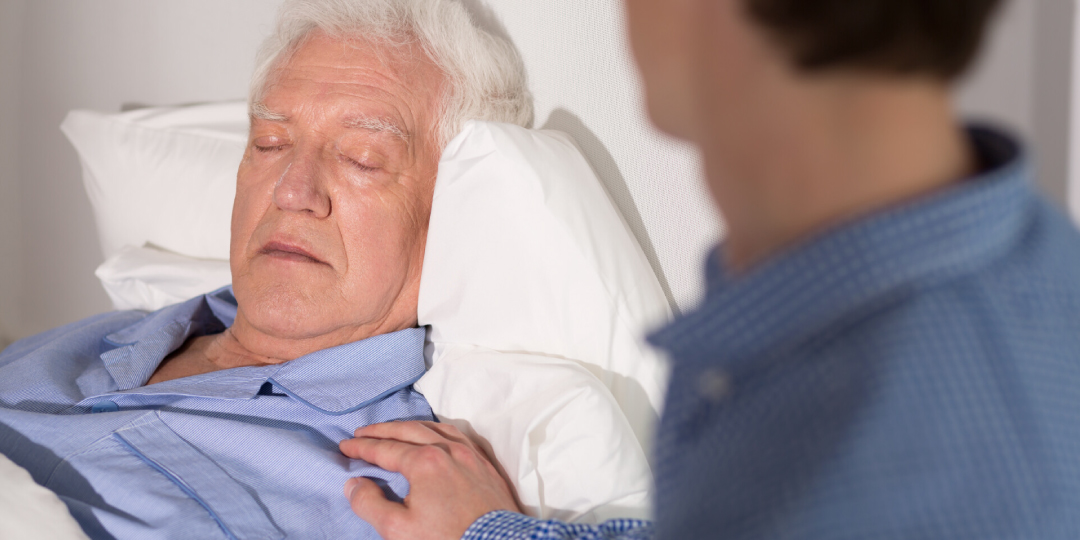Did you know that one in 10 Americans has diabetes? That means you probably have a few friends and family members that have diabetes. In 2023, this number is higher than it has ever been in this country.
You may be reading this article because you are worried that you have diabetes.
Whether you have a lot of symptoms of this disease or you are wondering, “Is falling asleep after eating a sign of diabetes?” you can learn more here.
Is Falling Asleep After Eating a Sign of Diabetes?
You’re here to know the facts. Is falling asleep after eating a sign of diabetes? The short answer is yes, possibly.
Falling asleep after eating could be a reason for concern because an underlying health condition like type 2 diabetes could be present. Type 2 diabetes is a chronic condition in which the body becomes resistant to the effects of insulin or doesn’t produce enough insulin to maintain normal blood sugar levels.
Insulin is a hormone produced by the pancreas that helps regulate blood sugar levels by allowing glucose to enter the body’s cells, where it can be used for energy. When insulin resistance occurs, the body’s cells don’t respond as effectively to insulin, leading to a buildup of glucose in the bloodstream. This can lead to a range of health problems, including heart disease, kidney damage, nerve damage, and vision loss.
If you have diabetes, you could fall asleep because of hypoglycemia or hyperglycemia, which is when blood sugar levels fall too low or rise too high, respectively.
Insulin sensitivity is a big reason that people with diabetes may fall asleep after eating. People with diabetes may not produce enough insulin or are unable to use it correctly. The lack of energy that occurs when insulin doesn’t work correctly can cause people to experience drowsiness.
With that said, it is important to note that falling asleep after consuming a meal doesn’t necessarily mean there is an underlying health condition. There are many other reasons that this could be happening.
Let’s explore that further.
Other Reasons for Being Sleepy After Eating
If you are concerned that you may have diabetes, let’s take a step back. There could be other reasons for feeling tired and falling asleep after you consume a meal. Here are some of the most common reasons.
Eating Too Much
We’ve all been there. Sometimes, we get a little too carried away with what we are eating, and we consume too much food.
This can cause drowsiness because of the body’s increased workload of trying to digest the food. This can use up a lot of energy and cause you to fall asleep.
Food Choices
Some meals are going to make you more tired than others. For instance, if you eat a salad or a smoothie, you will most likely feel energized after. However, if you eat something fried or high in carbohydrates and sugar, your blood sugar levels will spike and then drop, which will lead to fatigue.
This is why having a healthy lifestyle can help you feel more energized.
Dehydration
If you consume a larger meal without drinking much water throughout the day, you can also become tired. This is because you are dehydrated.
It is so important to make sure that you are getting enough water throughout the day and every single day.
Signs of Diabetes
Now that you know there are other reasons you could be experiencing fatigue after eating, it’s important to know the signs of diabetes.
If you have signs of diabetes, it is in your best interest to see a doctor.
Here are some other signs to look out for:
- Increased thirst and frequent urination
- Fatigue
- Weight loss
- Blurred vision
- Slow healing of wounds
- Tingling or numbness in the hands and feet
- Feeling hungry after eating
- Mood swings and irritability
You may not experience all of these symptoms and still have diabetes. If you feel that you have some of these symptoms, it’s best to see a doctor in order to get the correct diagnosis.
Importance of a Proper Diagnosis
Getting an early and proper diagnosis of diabetes is crucial. That’s because early detection can mean that you will be able to start treatment right away. This will help to manage the condition and prevent any complications that are associated with having diabetes.
It’s also important to have the right treatment as well. Type 1 diabetes requires insulin injections, while Type 2 diabetes can be managed with insulin, certain lifestyle changes, as well as some medications.
When you are diagnosed with diabetes, you can also properly monitor your condition. You will be able to keep track of your blood glucose levels to manage your health. This will help keep other parts of your health in check as well.
Falling Asleep After Eating and Diabetes
So, is falling asleep after eating a sign of diabetes?
The answer is that sometimes it can be, but not always. It depends on a lot of factors, such as lifestyle, what you eat, levels of dehydration, and more.
The most important thing that you can do if you suspect that you have diabetes is to be seen by a doctor.
Here at Hillcroft Physicians, we pride ourselves on taking care of our patients. If you are worried you may have diabetes, you can book an appointment to come in for blood tests to determine if you do and to receive education about how to help yourself if you are diagnosed with diabetes.
We look forward to seeing you and helping you be your healthiest self.


